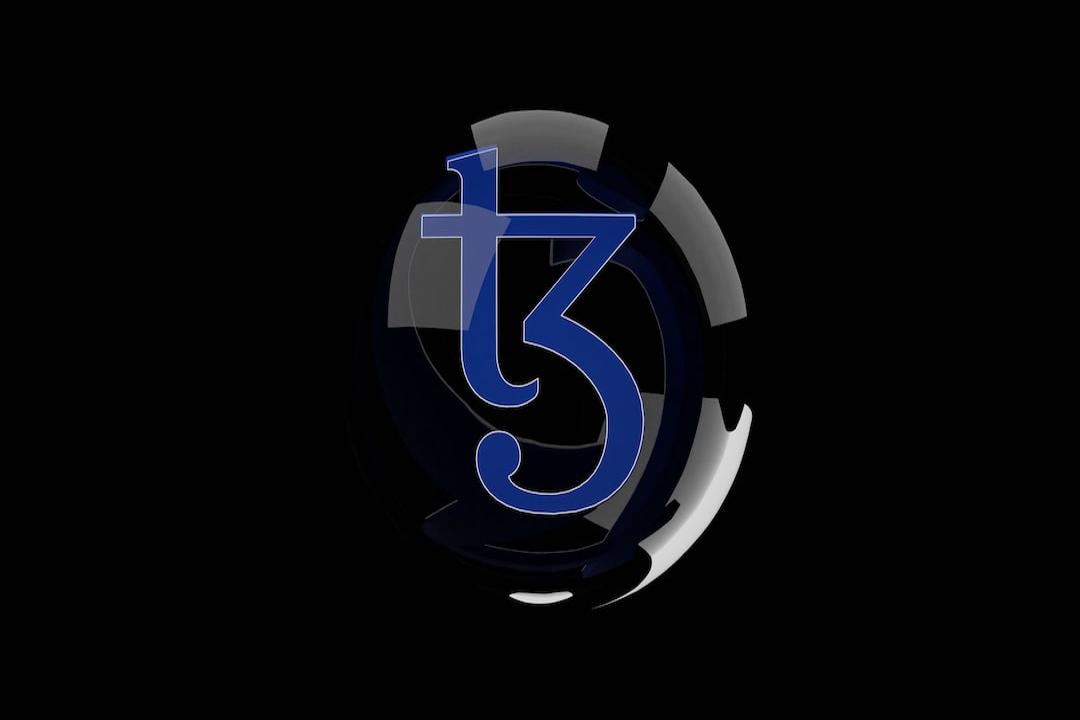The U.S. Securities and Exchange Commission (SEC) has incorporated the Ripple XRP case as additional authority in its ongoing legal battle against Binance, Binance.US, and former CEO Changpeng Zhao. This strategic move by the SEC highlights the evolving landscape of cryptocurrency regulations and their impact on market participants.
SEC’s Filing in the Binance Lawsuit
The SEC’s recent filing in the District Court of Columbia underscores the relevance of the Ripple class action lawsuit in shaping legal arguments against Binance. The SEC argues that the court’s ruling and the judge’s opinion in the Ripple litigation provide critical insights applicable to the case against Binance, particularly regarding securities violations.
Legal Background and Ripple’s Court Victory
Judge Hamilton’s ruling in the Ripple class action, part of the broader In re Ripple Labs, Inc. Litigation, resulted in a favorable outcome for Ripple by dismissing most of the plaintiff’s claims related to securities violations. However, the court has maintained that certain allegations regarding misleading statements in XRP sales by Ripple CEO Brad Garlinghouse will proceed to trial.
Ripple CEO’s Response and Community Reaction
Brad Garlinghouse, in response to allegations of misleading statements, reaffirmed his stance and expressed readiness to address these issues during the upcoming trial. He emphasized that the plaintiff involved in the case had not purchased XRP directly from Ripple, raising questions about the basis of the claims against the company.
SEC’s Focus on Judge Hamilton’s Opinion
Central to the SEC’s argument is Judge Hamilton’s differing interpretation from the Southern District of New York (SDNY) court regarding XRP’s classification as a security. Judge Hamilton’s assessment, particularly on the third prong of the Howey test, has sparked debates within the XRP community and beyond. The judge’s acknowledgment that programmatic buyers may have purchased XRP with profit expectations from Ripple’s efforts adds complexity to the ongoing regulatory scrutiny.
Ripple’s Legal Challenges and Future Implications
Looking ahead, Ripple faces the challenge of defending its position against SEC allegations, with the outcome potentially influencing broader industry practices. The SEC’s decision to reference the Ripple case in the context of its appeal against Judge Torres’ summary judgment further underscores the significance of defining XRP sales as securities. The outcome of the SEC’s decision to reference the Ripple class action in the Binance lawsuit remains pivotal for both regulatory clarity and the future of cryptocurrency markets. As the legal proceedings unfold, stakeholders across the crypto industry are closely watching how the courts interpret the securities status of digital assets like XRP and the implications this could have on broader regulatory frameworks. The SEC’s approach underscores its commitment to enforcing securities laws in the rapidly evolving crypto space, highlighting the importance of clear guidelines amidst increasing investor interest and market innovation.
Conclusion: Impact on Cryptocurrency Regulations
The SEC’s use of the Ripple XRP case as legal precedent in the Binance lawsuit represents a crucial turning point in cryptocurrency regulations. As regulatory bodies navigate the complexities of digital asset classifications, decisions in landmark cases like Ripple’s could set enduring precedents that shape future market dynamics and investor confidence. As developments unfold, stakeholders across the cryptocurrency ecosystem will closely monitor how courts interpret and apply these precedents, influencing the regulatory framework governing digital assets globally.
Post Views:
1
Subscribe to Updates
Get the latest creative news from FooBar about art, design and business.

